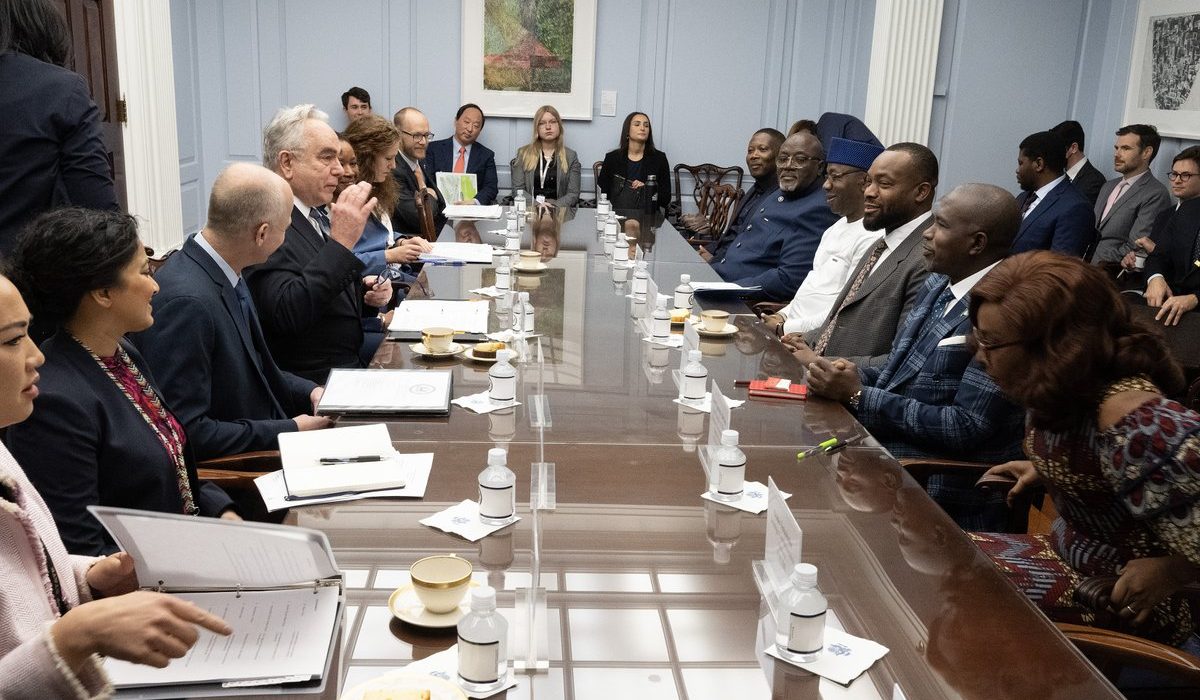Nigeria is on track to benefit significantly from its recent membership in the Digital Cooperation Organization (DCO), with projections indicating that the country, alongside other member states, could unlock a staggering $2.1 billion in digital trade opportunities in the coming years.
The DCO, a global multilateral body focused on accelerating digital transformation and inclusion across emerging economies, has identified immense potential for member countries like Nigeria to harness the power of digital trade in driving inclusive economic growth. With a collective market that spans over 800 million people and a combined GDP exceeding $2 trillion, the organization is positioning its members to benefit from increased access to digital infrastructure, capacity-building initiatives, and cross-border e-commerce platforms.
For Nigeria, the membership marks a crucial step in aligning with global best practices in digital policy while opening doors for local tech entrepreneurs, startups, and small businesses to integrate more seamlessly into the global digital economy. With the Nigerian digital sector contributing nearly 18% to the national GDP as of Q2 2025, experts believe that strategic partnerships through the DCO could further accelerate digital job creation, foreign investment, and technological innovation across key sectors such as fintech, e-commerce, and digital services.
Economic analysts have noted that participation in the DCO gives Nigeria access to a broader framework of digital cooperation, data governance, cybersecurity capacity-building, and shared regulatory frameworks that are essential in a world increasingly driven by digital economies. This could help address some of the longstanding barriers facing Nigeria’s digital space, including limited infrastructure, cross-border data restrictions, and inadequate digital literacy among underserved populations.
The DCO, which now includes over a dozen member countries from Africa, the Middle East, and Asia, aims to ensure that digital transformation remains inclusive, equitable, and capable of narrowing socioeconomic gaps. It provides member countries with the tools to implement scalable digital policies, participate in joint innovation hubs, and attract funding to support digital startups and SMEs that often face difficulty accessing capital and international markets.
For Nigeria’s Ministry of Communications, Innovation, and Digital Economy, the DCO platform offers a timely boost to the federal government’s renewed push for a digitally inclusive economy. The ministry has continued to prioritize broadband penetration, youth upskilling, and digital ID integration, all of which are areas that the DCO has pledged to support through technical cooperation and multilateral financing mechanisms.
With over 70% of Nigeria’s population below the age of 35 and internet penetration crossing 50%, the country is well-positioned to become a major digital trade hub not just in Africa, but globally—if the right policies, investments, and infrastructure are sustained.
In the face of growing global reliance on digital ecosystems, Nigeria’s strategic positioning within the DCO is being hailed as a move that could unlock unprecedented opportunities for innovation-driven growth. As the country continues to battle challenges such as unemployment, forex scarcity, and infrastructural gaps, stakeholders are optimistic that digital trade, supported by international cooperation, may offer a sustainable pathway to inclusive prosperity.
